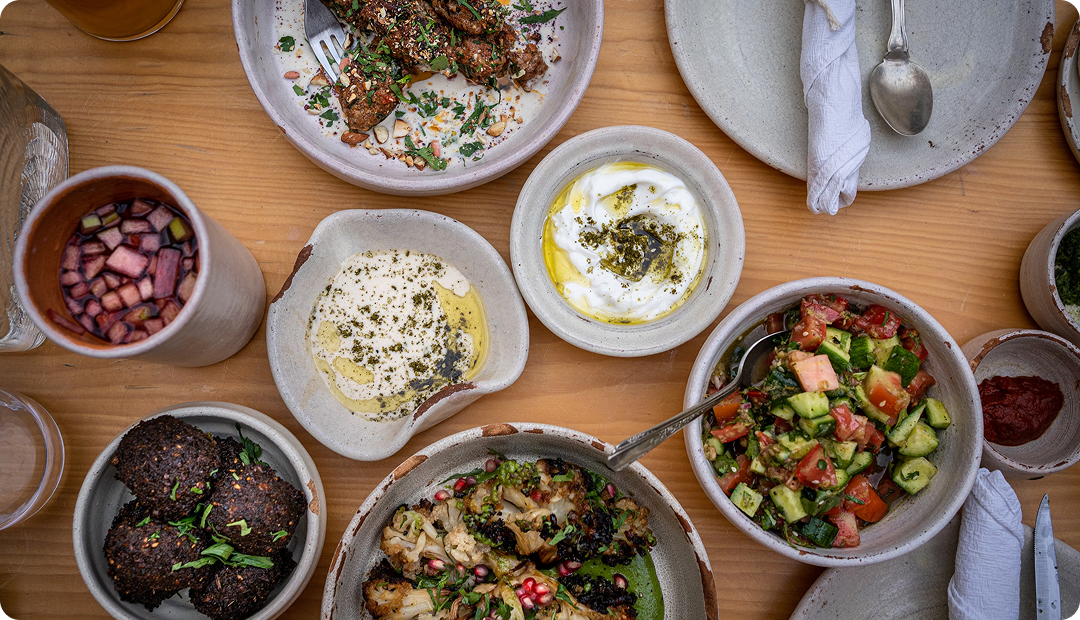
Can Diet Reduce Your Risk of Alzheimer’s?
Every September, World Alzheimer’s Month shines a light on a disease that continues to rise in the US. Right now, about 7 million Americans over 65 are living with Alzheimer’s. That number has more than doubled in the past 20 years and is expected to climb sharply as the population ages.
Bleak, yes. But a new study out of Mass General Brigham suggests that even people carrying the highest genetic risk can lower their odds simply by changing what’s on their plate.
What Drives Alzheimer’s?
Alzheimer’s disease (AD) and AD-related dementias have a substantial genetic basis, which means they're strongly influenced by genes. One gene in particular, APOE4, plays an outsized role. Inheriting one copy from a parent raises your risk. Inheriting two copies? That creates a genetically distinct, high-risk subgroup with a dramatically higher likelihood of developing Alzheimer’s—studies estimate up to 10–15 times greater risk.
For decades, this “double APOE4” category has been viewed as fait accompli.
Can Diet Change Gene Expression?
To put it one way, genes load the gun, but lifestyle pulls the trigger. Or, for a less “loaded” metaphor, genes shuffle the deck, but environment determines how you play the hand. Nutrition is one of the clearest levers we have for altering gene expression.
That’s especially true in conditions with both genetic and environmental drivers, like what you put into your body. It’s about turning up protective pathways and dialing down harmful ones, which is why researchers are zeroing in on how nutrition interacts with APOE4.
A 35% Risk Reduction
What they’ve found could change the game. In a 34-year study tracking over 5,700 people, researchers discovered that people with two APOE4 copies who stuck to a Mediterranean-style diet cut their Alzheimer’s risk by 35%.
In terms of Alzheimer’s prevention, that’s seismic.
As neurologist Dr. Richard Isaacson puts it: “Genes do not have to be your destiny. If the risk of dementia in a person in the highest risk category can be cut by 35% just by following a specific diet, imagine what can be done when you work on dozens of modifiable risk factors such as exercise, sleep, stress, and the like.”
Mediterranean, MIND, and Metabolic Outcomes
People with APOE4 have distinct metabolic profiles, which means their bodies react differently to nutrients. When fed high-quality foods—like vegetables, fruits, legumes, whole grains, fish, olive oil—their energy production and nerve repair processes improve.
For APOE4 carriers, that means food is more than nutrition. It’s medicine.
-
Mediterranean Diet
The Mediterranean diet centers on plants—lots of plants: vegetables, fruits, legumes, nuts, and whole grains. Healthy fats like olive oil and fish are a big component. Moderate poultry, dairy, and red wine play a role. Limiting red & processed meats and sugar is also key. -
MIND Diet
Its cousin, the MIND diet (short for Mediterranean-DASH Intervention for Neurodegenerative Delay), doubles down on foods shown to protect the brain—leafy greens, berries, nuts, beans, whole grains, fish, poultry, and olive oil.
And you don’t need perfection to see results. One study found that simply adding a single food category from either diet—such as hitting the daily recommendation for vegetables—reduced amyloid buildup in the brain to the equivalent of being four years younger. Another showed people who ate Mediterranean/MIND diets had almost 40% lower odds of Alzheimer’s brain markers at autopsy.
Final Thought to Chew On
Alzheimer’s is multifactorial. No single behavior guarantees protection. But diet is a powerful first move and one you can control. Layer in exercise, quality sleep, recovery practices like hot and cold therapy, and stress management, and the benefits multiply.
Even for those at the highest risk, the data is clear: diet doesn’t just shape the body—it can reshape the health of your brain.





















